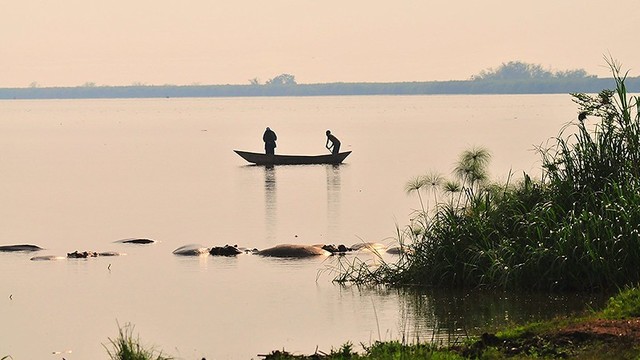Achim Steiner on the UN's expectations for Rio+20
Achim Steiner, executive director of the UN Environment Programme, has outlined what he would like to see come out of Rio+20 in order to set the planet on a more sustainable future course.
Sustainable development has “gotten stuck over the past 20 years” and the internal UN Commission on Sustainable development “hasn’t provided the framework” needed to track and accelerate environmental governance says Achim Steiner, the under-secretary general of the United Nations and executive director of the UN Environment Programme (UNEP).
During a recent visit to IIED, he outlined what he would like to see come out of Rio+20 in order to set the planet on a more sustainable future course.
Referring to UNEP’s new Megatrends report Steiner warns that on “virtually on all indicators we haven’t turned the corner.” Many current trends are undermining the planet and “we are heading towards a much more complex and risky future.”
Steiner calls for a transition towards a green economy, which could be seen as a “response” to sustainable development, which “has… gotten stuck over the past 20 years” and an analysis of the current economic growth paradigm “that has so often marginalised notions of sustainability and equity as enabling future development.”
But institutional frameworks need examining as well: “We must recognise the internal commission on sustainable development has not provided that umbrella framework within which to track and accelerate progress on the sustainable development agenda.” He calls for the summit to address its reform or a different “form of a meta-level framework within which nations and sectors work together.”
He also calls for more “powerful and consequential” environmental governance to ensure the environmental dimension of sustainable development has a greater “political and mandatory” authority in future.
The final challenge is to set sustainable development goals with concrete targets and objectives with a common agenda, but with “differentiated responsibilities,” implying that there would be less burden placed on developing countries. Industrialised nations would have to take greater responsibility and “be part of that agenda for moving forward towards sustainable development,” Steiner said.



